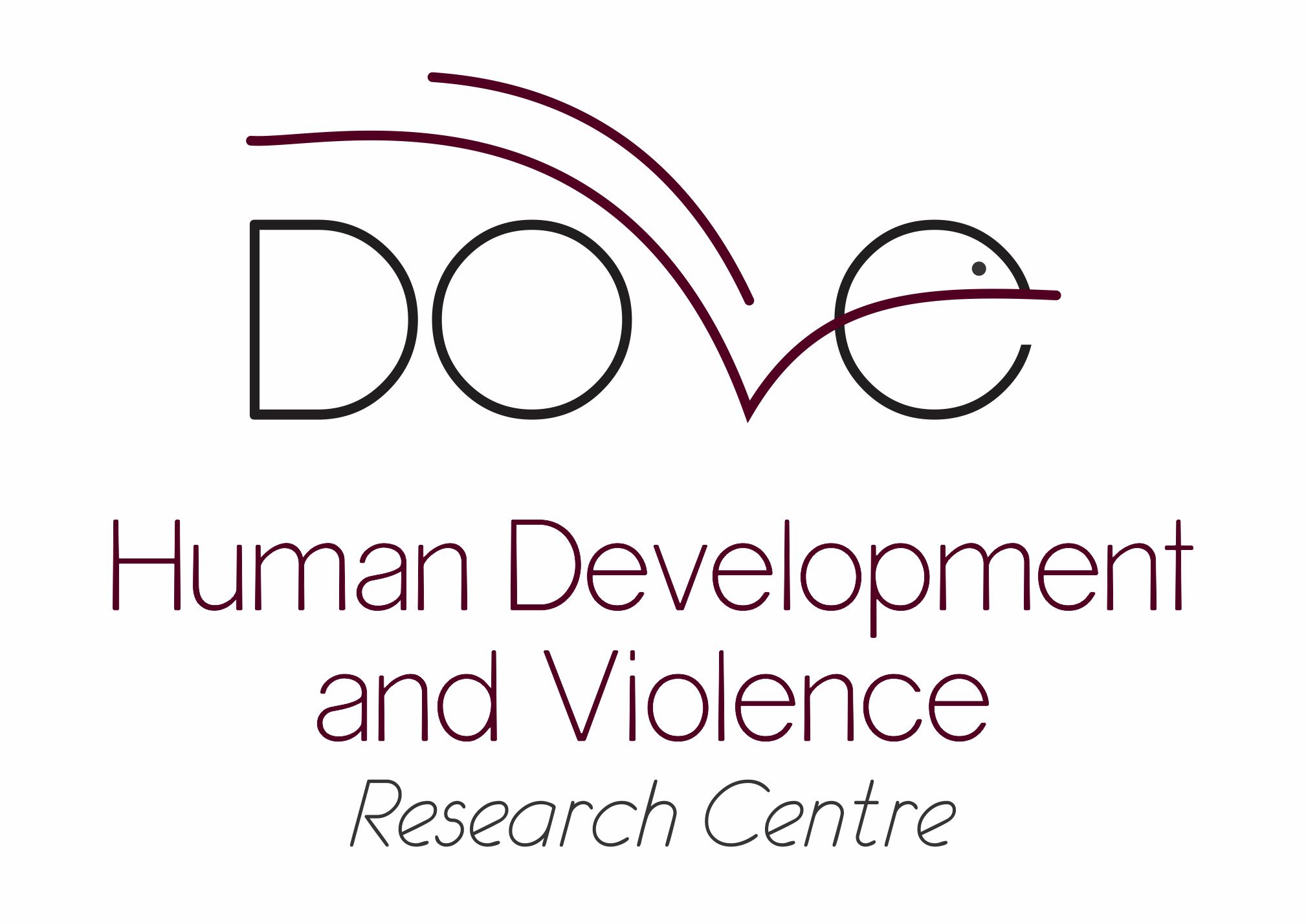PIM Programme improves parental responsiveness and sensitivity
PIM Programme improves parental responsiveness and sensitivity
Evaluation study of the Brazilian home visiting programme “Primeira Infância Melhor” shows positive effects on parental responsiveness and sensitivity at age 4 years in 2015 Pelotas Cohort, with stronger positive effect on sensitivity for low-income parents.
Overview
New research from the DOVE Research Centre at the Federal University of Pelotas, and Cambridge University’s Play in Education, Development and Learning Lab (PEDAL) examines the long-term effects of Primeira Infância Melhor (PIM), a state-wide parenting program in Rio Grande do Sul, on parenting behaviors. The evaluation, recently published in the BMJ Global Health, showed that PIM improves parents’ responsive and sensitive caregiving: that is a parent’s awareness of and consistent response to their child’s behavioural and communicative cues. Additionally, program impacts on parental sensitivity were greater among low-income caregivers.
Evaluation Design
To estimate the effects of PIM on five measures of parenting, data from the age 4 years follow-up of the 2015 Pelotas Birth Cohort Study was used. A quasi-experimental method was used to match children who received PIM (n=797) with other children from the cohort who did not receive the program (n=2431) based on 25 covariates associated with social vulnerability. Afterwards, differences between the groups on parenting outcomes were analyzed. Parenting measures included: an observational measure of sensitive responsiveness on a play (1) and building task (2); an observational measure of parent guidance on book-reading task (3); and parent self-report on the quality of the parent-child relationship (4) and coercive parenting practices (5).
Findings
Participating in the PIM home-visiting programme was found to produce small positive effect on parent responsiveness (d=0.08) and sensitivity (d=0.10). Moderation analyses revealed a stronger positive effect on sensitivity for low-income parents (d=0.18), indicating potential of the programme to reduce inequalities.
Why it matters
- It shows that large-scale public policies in the state of Rio Grande do Sul that target caregivers in this way can improve the quality of care that very young children receive.
- While the effect sizes we measured were not huge, this is probably because of the scale at which the PIM was operating. With home visits thinly spread, the fact that a modest, positive effect was nonetheless measured attests to the impactful nature of the programme.
- These effects were being measured at age four – sometimes years after the intervention.
- The impact on sensitive parenting was registered across two different types of activity: a playful building exercise and a reading activity. This tells us that parents and caregivers are not only picking up skills through the programme, but taking them on board to the extent that they then apply them to different aspects of their interactions with young children.
The bottom line is that improving parents’ sensitive and responsive caregiving can be the mechanism through which this home-visiting programme can help to give young children a better start in life. We can see evidence of this even when such programmes are run at scale, and potentially years after participation.
The Research Team
Morgan Healy, a PhD student and Gates-Cambridge Scholar at the PEDAL Lab, University of Cambridge led the study with the DOVE team. “I am so grateful for the time that I had in Pelotas to work with the DOVE team. I am also so grateful to the Pelotas PIM leadership team who connected us to PIM supervisors and visitors. Through them we were able to attend home-visits in real-time to see how descriptions of the program mapped onto its real-world delivery. This was invaluable to our understandings of the program.”


